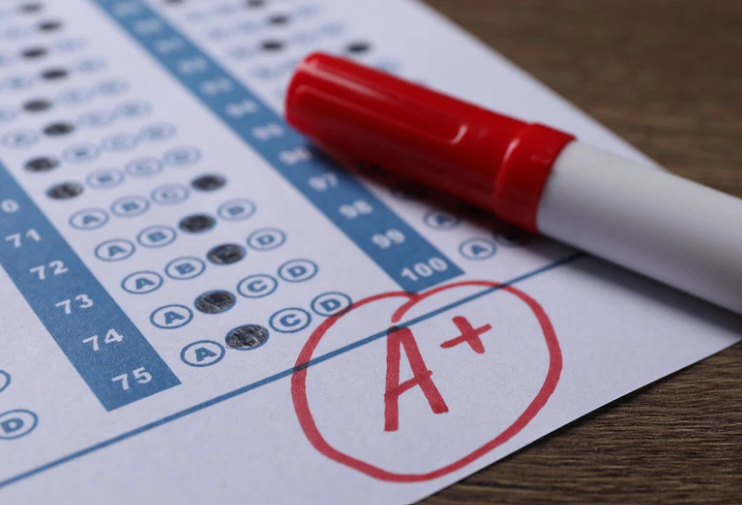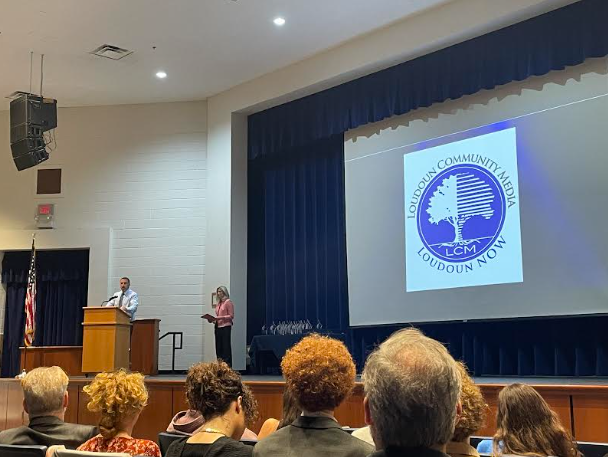In recent years, more and more high school students are likely to be affected by burnout, as it is becoming harder and harder to balance school, extracurriculars, social lives, and time to relax and rest. This burnout leads to severe stress and pressure on high schooler’s minds, especially because many teenagers simply do not have enough time for everything. So how can this problem be solved? Asynchronous Mondays could be part of the solution.
“I think we should bring back Asynchronous Mondays because they give us a day where we aren’t learning but have time to finish school work or take a break and relax,” said Emily Hupe, a sophomore at Stone Bridge.
The constant stress of going to class, completing homework and assignments, and studying for tests play a big part in academic burnout. Asynchronous Mondays allow students to take a break from the “normal” routine, allowing them to recharge mentally, physically, and emotionally.
“Asynchronous Mondays provide students with the opportunity and motivation to have a day of downtime to learn and enforce the material learned in the previous month,” said Aryan Dotiwalla, a junior at Briar Woods.
This “downtime” is part of a healthy balance between school life and extracurriculars, allowing students to get work done on these Asynchronous Mondays that they would have had to do during the week, freeing up time for students to manage their extracurriculars better.
“Students are tired and exhausted from studying and extracurricular activities because they have to stay up late or get up early to finish everything, but bringing back Asynchronous Mondays could allow for more sleep which could improve students’ performance,” said Nimagni Mummeneni, a sophomore at Briar Woods.
These time management skills can also help students, especially high schoolers, get more used to a college environment in which they have more freedom in choosing their schedules. It will allow students to figure out what works best for them and help prepare them for college.
“Asynchronous Mondays would also give students the chance to meet with teachers one-on-one to better understand topics they may be confused about, and give teachers a chance to get their grading done without having to teach classes,” said Dotiwalla.
The reestablishment of Asynchronous Mondays would have a positive effect toward prioritizing the mental health of students. By recognizing burnout and other challenges that students face and allowing for a flexible learning environment, schools would take steps to contribute to the overall well-being and, therefore, the success of their learners by reinstituting Asynchronous Mondays.
“I mean, who wants to go to school on a Monday anyways? Definitely not me,” said Mummeneni.
































